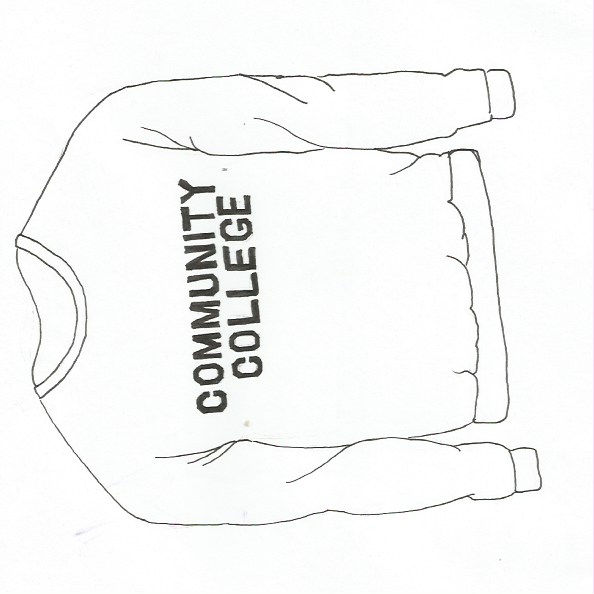Community colleges serve essential function in current education climate

Emily Fornof | Senior Staff Artist
President Trump has repeatedly made disparaging comments about community colleges in the United States, claiming they are inferior to vocational schools. This opinion is both ill-informed and incorrect. For many years, the community college system has played a vital role in providing post-secondary education for students, and it continues to promote socioeconomic mobility and economic growth.
President Trump said that he did not know what the term “community college” meant and said people ought to “call it vocational and technical. People know what that means.” He has made similar remarks in the past, even at a White House forum on education in March. Trump’s misunderstanding of the function of community colleges is unfortunate, as these institutions are key to creating the very jobs he promises.
When Trump says ” a lot of people don’t know what a community college means or represents” what he is really saying is *he* doesn’t know. #CommunityColleges
— Annie Morris (@anniemorrisrn) March 30, 2018
Community colleges were established after World War II to educate workers for America’s growing economy. There are currently 1,100 community colleges across the United States, and more than 40 percent of undergraduates are enrolled in a community college. For these 9 million Americans, community colleges offer low tuition and more open admittance practices. In this way, community colleges are able to educate millions of Americans who cannot afford or access four-year universities or who may not require that level of education for their desired career paths.
Community colleges differ from vocational schools in that they offer a broader education with a basis in liberal arts that is meant to prepare students to pursue a bachelor’s degree or work in a variety of fields. In contrast, vocational school focus on teaching students the skills and knowledge necessary for more specific careers, such as those in manufacturing or cosmetology.
While vocational schools are important in educating America’s workforce, substituting them for community colleges would greatly limit students’ possibilities and deprive them of the knowledge needed to enter a four-year university or the diploma needed to pursue a lucrative career. By closing community colleges, Trump would be closing a pathway for millions of low-income and first-generation college students to enter the middle class.
This can be seen on a local scale here in New Orleans. While the average annual tuition at Delgado Community College is $4,300, the average cost of tuition and fees at a public four-year university in Louisiana is more than $8,000. Moreover, attending a community college like Delgado is tens of thousands of dollars less expensive than studying at a private university like Tulane. For students looking to earn an associate’s degree or save money in earning their bachelor’s degree, access to courses at community colleges is crucial to their academic and professional futures.
One thing I’ve learned in nine years of community college teaching is that students will surprise you if you let them. But if Trump could pull a B in one of my classes? Well, I’d be surprised.
— Angus Johnston (@studentactivism) March 23, 2018
The ability of low-income students to receive a high quality education is vital to the nation as a whole. Earning an associate’s degree can significantly increase earnings over one’s lifetime by opening up new fields and professions to them. Given that community colleges serve low-income and first-generation students more than four-year universities do, this growth in earnings can also serve to reduce income inequality and support the growth of the middle class, which benefits all Americans. While Trump seems to find the community college system confusing, the positive results it generates are clear, and its role in the American economy is undoubtedly important.
This is an opinion article and does not reflect the views of The Tulane Hullabaloo. Madeline is a sophomore at Newcomb-Tulane College. She can be reached at [email protected].
Your donation will support the student journalists of Tulane University. Your contribution will allow us to purchase equipment and cover our annual website hosting costs.


Leave a Comment